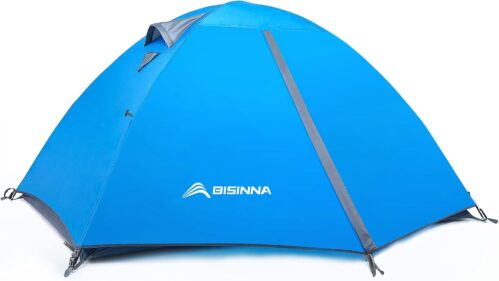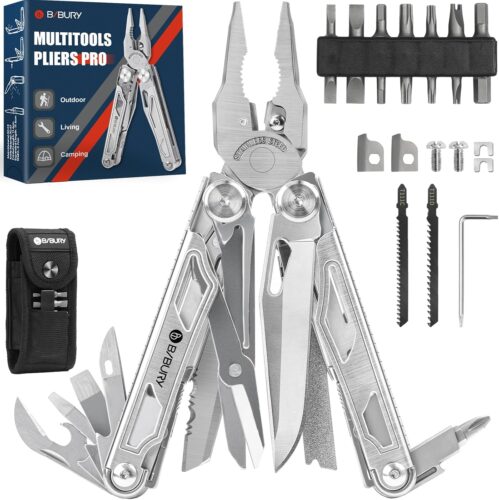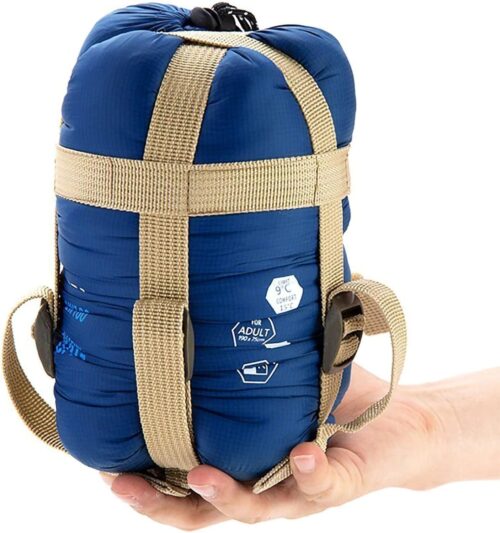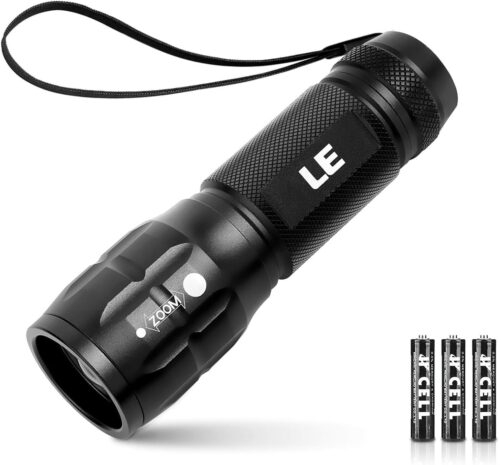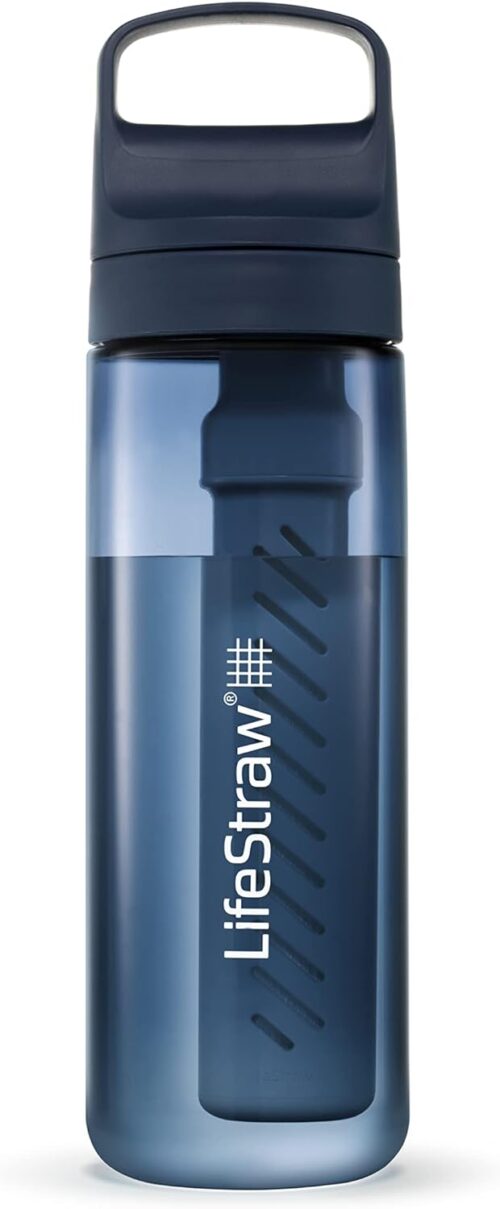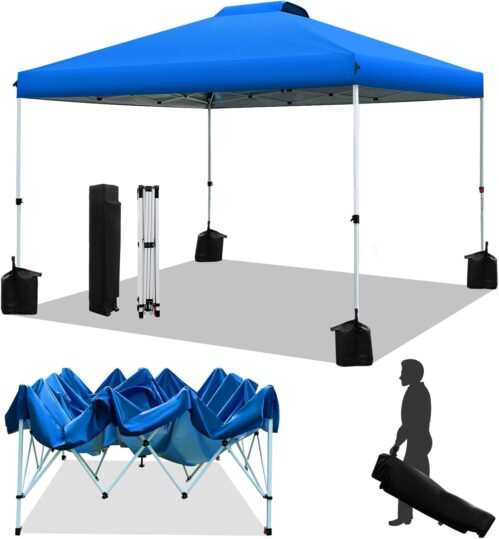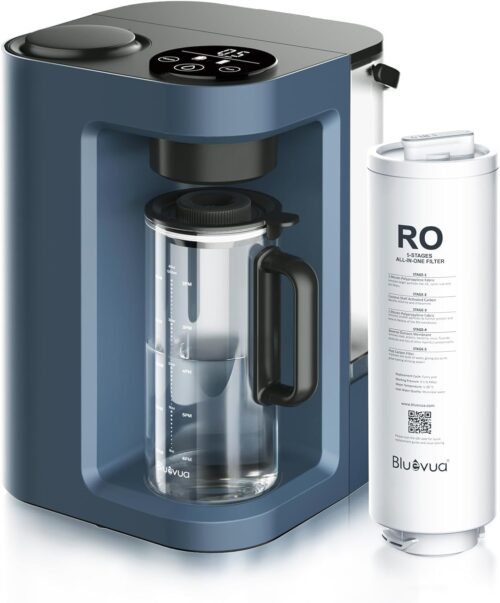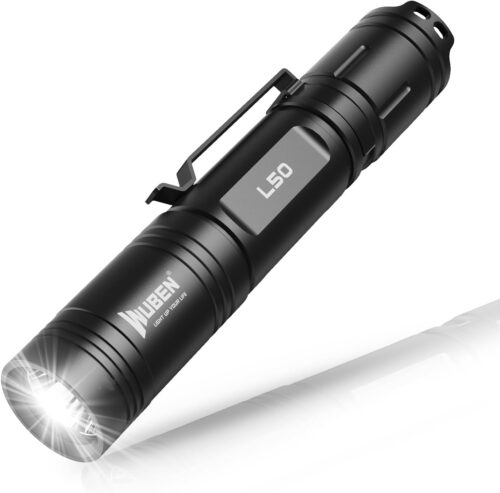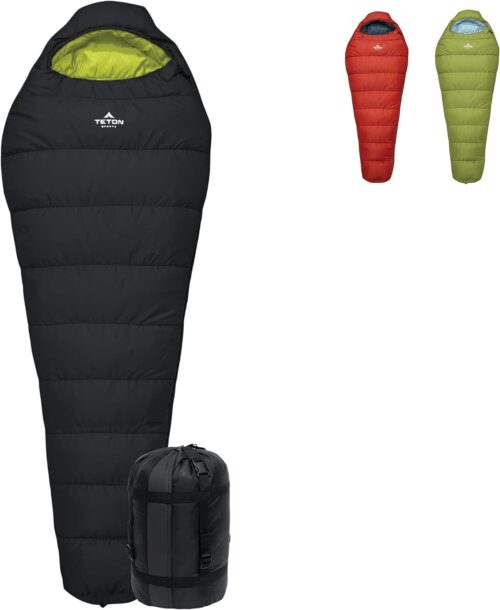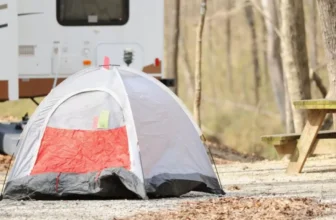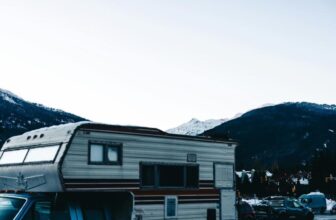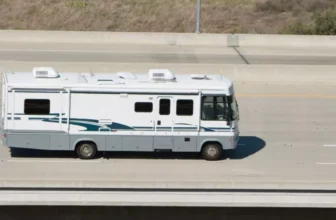
Ensuring your RV is well-maintained is crucial for seamless camping trips. From checking for exterior damages to keeping an eye on engine performance, staying on top of maintenance tasks is key. But, what about those lesser-known tips that could save you from unexpected breakdowns or inconveniences during your adventures? Let’s explore some insider tips that will elevate your RV maintenance game and make your camping experiences even more enjoyable.
Pre-Trip Inspection Checklist
Before hitting the road for your next camping adventure, it’s crucial to ensure your RV is in top condition by completing a thorough pre-trip inspection checklist. Start by checking the exterior of your RV for any signs of damage, such as cracks, leaks, or loose parts. Inspect the tires for proper inflation, tread depth, and any signs of wear or damage. Make sure all lights are working correctly, including headlights, brake lights, and turn signals.
Moving inside, check all appliances to ensure they’re functioning correctly. This includes the refrigerator, stove, microwave, and air conditioning unit. Test the smoke and carbon monoxide detectors to guarantee they’re in working order. Inspect the plumbing system for any leaks or clogs, and check that the water heater is functioning correctly.
Don’t forget to examine the safety equipment, such as fire extinguishers and first aid kits, to ensure they’re fully stocked and easily accessible. By completing this pre-trip inspection checklist, you can help prevent any unwanted surprises during your camping adventure.
Engine and Mechanical Maintenance
Inspecting the engine and mechanical components of your RV regularly is essential to ensure optimal performance and safety on your camping adventures. Start by checking the oil levels, filters, and belts. Make sure to inspect the battery for any signs of corrosion and ensure it’s securely connected. Regularly inspect the tires for proper inflation, tread wear, and any signs of damage. It’s crucial to check the brakes for responsiveness and wear, as well as the suspension for any signs of damage or wear that could affect handling.
Additionally, pay attention to the RV’s fluids, including transmission fluid, coolant, and brake fluid. Regularly servicing these fluids can prevent breakdowns and extend the life of your RV’s engine. Keep an eye on the exhaust system for leaks or unusual noises, as well as the electrical system for any malfunctions. Lastly, don’t forget to inspect the engine hoses and connections for any signs of wear or leaks that could lead to mechanical issues on the road. Regular maintenance of your RV’s engine and mechanical components will help ensure a smooth and hassle-free camping experience.
Interior and Exterior Care
Regularly maintaining the interior and exterior of your RV is vital for preserving its appearance and functionality during your camping adventures. To keep the interior in top shape, clean surfaces regularly to prevent dirt and grime buildup. Vacuum carpets, wipe down countertops, and dust surfaces to create a comfortable living space. Inspect seals around windows and doors for any signs of wear and tear, and replace them as needed to prevent leaks and drafts.
When it comes to the exterior, washing your RV regularly helps maintain its appearance and prevents dirt and debris from causing damage. Check the roof for any signs of cracks or leaks, and seal them with appropriate sealants. Inspect the awning for any tears or mold, and clean it thoroughly to ensure it functions properly. Don’t forget to check the tires for wear and tear, and maintain the correct tire pressure for safe travels. By taking care of both the interior and exterior of your RV, you can ensure a smooth and enjoyable camping experience.
Propane System Safety
Ensure the safety of your camping adventures by familiarizing yourself with proper propane system maintenance. Your RV’s propane system is crucial for cooking, heating, and running appliances, making it essential to follow safety guidelines. Regularly inspect the propane tank, hoses, and connections for any signs of wear or leaks. Use soapy water to check for bubbles that indicate a leak, and never hesitate to address any issues immediately.
When connecting or disconnecting propane tanks, ensure the valve is completely closed to prevent gas leaks. It’s also vital to have a working propane gas detector installed in your RV to alert you to any potential leaks. Remember to turn off all propane appliances when traveling to prevent accidents.
Additionally, never store propane tanks inside your RV, as they pose a significant safety risk. Always keep them in a well-ventilated outdoor storage compartment. By following these propane system safety tips, you can enjoy your camping adventures worry-free and make the most of your RV experience.
Adventure Gear

